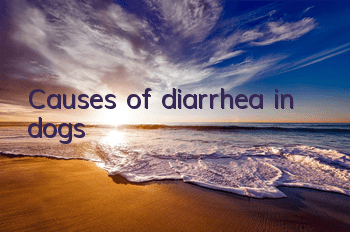How to raise a three-month-old Chihuahua? Feed a three-month-old Chihuahua with small meals and frequent meals, and choose a reputable brand of dog food to prevent malnutrition in the Chihuahua; a three-month-old Chihuahua's stomach is weak, so feeding Pay attention to prevent digestive tract diseases; in addition to dog food, you can feed gruel with fish and vegetables, but not milk.
Regarding how much a puppy should eat every day, it is best for puppies within three months of age to eat small meals with frequent meals every day. The standard food intake is measured based on 4% of the dog’s body weight. Puppies can eat appropriately. Lowering it some. First-time owners don’t have to worry too much about what puppies should eat to grow well, because there are now commercial dog foods on the market. This type of dog food is mainly designed and produced for dogs and contains relatively comprehensive nutrition. There is no need to worry. Dogs can become malnourished. However, it is best not to be too greedy for cheap when choosing commercial dog food, especially dog food that does not even have a brand. It is difficult to ensure whether the nutrition is sufficient for the growth of the puppy. Long-term feeding may also lead to malnutrition and other conditions.
2. A 3-month-old Chihuahua has just returned home. Generally, it is in the weaning period or not long after weaning. At this time, the Chihuahua’s digestive ability has not yet matured, and its ability to digest and absorb food is relatively poor. The gastrointestinal tract The immune system is also very poor and cannot tolerate any external stimulation. Therefore, you should be extra careful when feeding Chihuahua puppies at this time. Chihuahua puppies are the most vulnerable at this time, and a little carelessness can lead to digestive tract diseases. In mild cases, Chihuahuas may suffer from indigestion, and in severe cases, digestive tract inflammation may occur. Vomiting and diarrhea are direct responses to digestive tract diseases in dogs.
In addition to professional commercial dog food, you can also feed gruel with an appropriate amount of fish and chopped vegetables, which is more suitable for the digestion and absorption of puppies. But be careful not to feed milk to puppies. Many owners think that milk is more nutritious and will feed it to their puppies as a supplement. However, many puppies develop diarrhea after drinking milk. This is because they are lactose intolerant. It cannot break down milk so it causes diarrhea. In addition, do not feed the puppy unhealthy food indiscriminately to prevent the puppy from getting sick.








